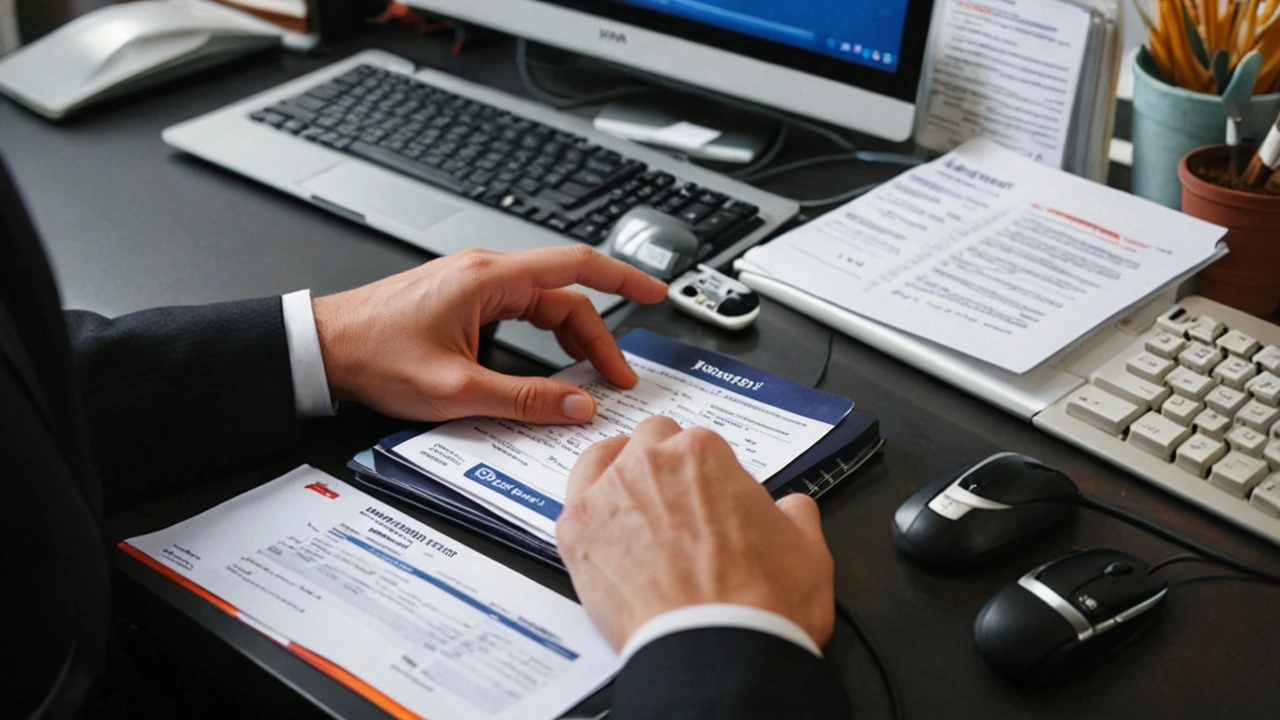- Injury Blow for Mamelodi Sundowns' Themba Zwane Disrupts Bafana Bafana's Plans May 11, 2024
- Hibernian Stuns Celtic with Impressive Victory in Scottish Premiership Clash Mar 5, 2025
- Vinicius Junior Emerges as Top Contender for 2024 Ballon d'Or Post Real Madrid's Champions League Triumph Jun 2, 2024
- Raila Odinga backs Ruto govt, sparks doubts over 2027 presidential run Oct 7, 2025
- Portugal's Dominant Performance Against Poland in UEFA Nations League: Ronaldo Shines with Spectacular Goal Nov 17, 2024
Visa Application Fee: What You Need to Know
Paying a visa application fee is one of the first steps when you apply to travel, study, or work abroad. Fees vary by country, visa type, age, and where you apply. Before you start, check the official embassy or consulate website for the exact amount and accepted payment methods.
How much should you expect? Fees commonly range from a low single-digit amount for some short visits up to several hundred dollars for work or long-term residence permits. For example, short-stay Schengen visas for adults are usually around 80 EUR, while student or work visas often carry higher costs. Remember, these figures change so always confirm with the embassy.
Where and how to pay
Most missions accept online payments, bank transfers, or cash at the visa centre. Some accept only specific cards or require payment in the local currency. If you use a third-party visa centre, you may pay an extra service fee. Keep proof of payment: a receipt or payment reference is vital when you attend your interview or track your application.
Extra costs to budget for
Fees listed on embassy pages rarely cover everything. Expect extra charges like biometric collection, courier return, translation of documents, medical exams, and travel insurance. If you are using an agent, add their service fee. Make a simple checklist and total all items before applying so you won’t be surprised.
Can fees be refunded? Usually not. Most visa application fees are non-refundable even if your visa is refused. Some countries refund if you withdraw before processing or if a mistake was made by the embassy, but that is rare. Ask the embassy about their refund policy before you pay.
What about exchange rates? Visa fees set in foreign currency are converted at the time of payment. Banks or payment platforms may charge conversion fees. If you live in a country with volatile exchange rates, consider paying early or checking whether the embassy takes your local currency to avoid last-minute price jumps.
Are there exemptions or waivers? Some applicants qualify for reduced fees or exemptions: children, diplomats, students on exchange programs, or participants in certain cultural or official programs. Proof is required, so prepare supporting documents like invitation letters or student IDs.
Simple tips to avoid problems: only use official embassy sites or recognised visa centres to pay; save all receipts and emails; take screenshots of payment confirmations; double-check the visa category before paying; and ask the embassy how long your payment remains valid if you reschedule your appointment.
If you need help, contact the embassy or a certified visa service early. A quick call or email can prevent wrong payments and delays. Keep records until your passport returns with the decision — you might need them later.
Track processing times: some payments are valid for several months, others only for weeks. If your appointment is delayed, ask the embassy how long they will hold your payment or whether you must pay again. Keep a folder with receipts, bank statements and confirmation emails for at least six months after travel — they help with refunds.
UAE Visa Requirements for Nigerians: $10,000 Bank Balance and N640,000 Fee Among Conditions
- Katlego Sean Mahaye
- Jul 16, 2024
Nigerians looking to travel to the UAE now face tough visa requirements, including maintaining a $10,000 bank balance and paying N640,000 in application fees. These stipulations add significant financial burdens for potential travelers.
